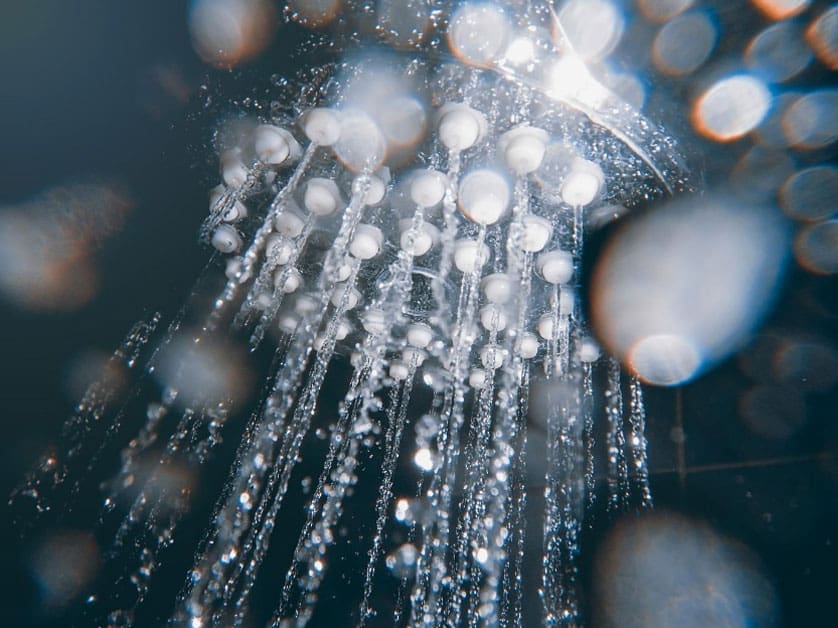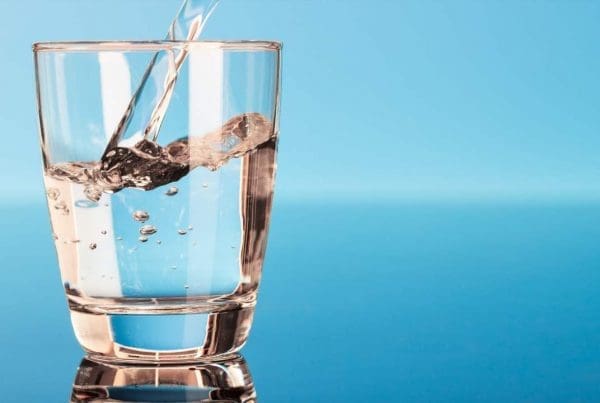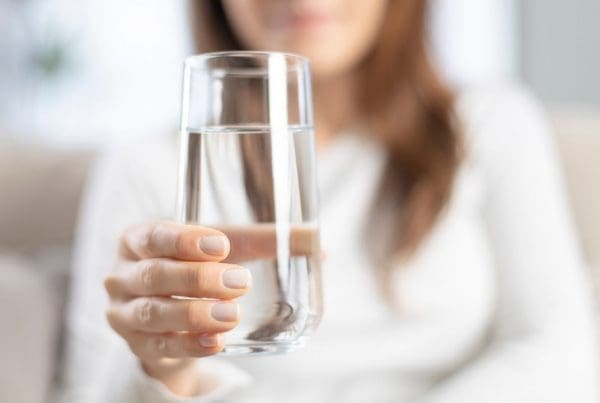Do You Know What Is In Your Water?
For a few years now, credit card company, Capital One, has bombarded consumers with the question, “what’s in your wallet?” They have hired Samuel L. Jackson and Jennifer Garner to peddle their rewards card to millions of Americans, with Garner’s own father even appearing with her in a series of commercials. This question is simple and prompts viewers to consider the contents of their wallets while taking a mental inventory of their credit cards and the subsequent rewards. Capital One knows consumers have a myriad of cards from which to choose. The question posed instills comfort in someone who is already receiving the benefits of a Capital One card, and yet piques curiosity in someone without it—knowledge is crucial.
While how we spend our money and consume goods and services is very important, our consumption of water is of greater importance. Because it is of such great consequence, I ask you a similar question—what’s in your water? Have you ever even thought about it? Let’s take a closer look and answer some important questions about the water in our homes.
What Is In My Well Water?
The answer to this question depends on your location and water source. If you are on a well, you probably have a lot coming through your faucet besides just water. At the very least, you are likely to have hardness materials such as iron, calcium, and magnesium. When hardness minerals are combined with heat it forms a troublesome scale. Scale causes costly build-up in your plumbing, water heater, and other water-using appliances. When combined with soap, the minerals form soap curd or scum that makes skin dry and itchy, hair lifeless, laundry dull, and builds up on fixtures.
At the very worst, you have bacteria such as coliform and e.coli entering your drinking water. Microbial and organic contaminants can’t always be detected through sight, smell, or taste. You might go years before realizing a problem exists. Some of the more dangerous microbial contaminants, such as e. coli, giardia, and cryptosporidium, can cause gastrointestinal problems and flu-like symptoms commonly attributed to undercooked or improperly stored food.
What Is In My City Water?
As explained in a previous blog, city water is treated with chlorine and chloramines to kill bacteria and other living organisms. These harsh chemicals make their way from the treatment facility to your home and can cause many health issues, ranging from dry skin and hair to possibly heart attacks, strokes, and even cancer. Along with chlorine and chloramines, city water can contain other harmful chemicals such as PFAs or PFOAs.
These chemicals were found in Indianapolis tap water as recently as March 2020. City water is treated with harsh chemicals to kill bacteria, but it is almost never treated to eliminate hardness materials. Just like well water, these materials can cause stains on fixtures and appliances, as well as scale build-up.
What Is In My Bottled Water?
While many people consider bottled water as a viable solution to drinking tap water, it is not guaranteed to be any better. An estimated 25 percent or more of bottled water is really just tap water in a bottle—sometimes further treated, sometimes not. Additionally, there is the inconvenience of standing in line at the store to get your rationed supply, lugging it home, and carrying it inside—not to mention the scourge empty bottles are on the environment.
How Can I Find Out What Is In My Water Supply?
Depending on where you live, your local health department may test your water for bacteria and viruses. A better option is a free water analysis from c and j to determine the hardness and quality of your water. Our team will come to your home and provide an analysis of your city or rural water and answer any questions you may have. We only need 30 – 45 minutes of your time, and we will only schedule at a time that’s right for you. Following our expert review of your water, your water treatment expert will give you an estimate for a treatment solution. Our technicians have decades of experience diagnosing and solving common—and uncommon—water issues. They provide several applications designed to remove sulfur, rust, iron, sediment, and much more. We also can send off a sample of your water to an independent laboratory for a bacteria test for an additional fee.
Ultimately, you are responsible for the quality of your water and should be proactive in finding out what is in your water.
What Should I Do If I Have Contaminants In My Water Supply?
C and J Water offers several solutions to mitigate the unwanted particles in your water supply.
The first step is a water softener. Salt water softeners extend the life of your appliances by stopping mineral deposit buildup. They save money, using up to 50% less soap and detergents. Water softener systems keep your hair shiny and soft, keep your skin moisturized, keep your clothes brighter, and make taking showers more enjoyable. Soft water systems are gentle on plumbing and don’t cause rust damage in sinks, tubs, dishwashers, and washing machines. Our softeners are engineered and thoroughly tested to provide years of reliable, trouble-free performance with minimal maintenance.
For your drinking water, reverse osmosis is the best solution. Reverse Osmosis is a filtration system designed to remove dissolved solids, organic and inorganic forms, that a water softener cannot. RO removes metals like arsenic, aluminum, copper, lead, chromium, and many others. It also removes inorganic forms such as nitrates, phosphates, chlorides, sulfates, and more.
A residential ultraviolet light is a great solution if you are experiencing bacteria in your water. UV technology provides additional security for your water supply. It is proven to control microbiological (bacteria & virus) issues in water including coliform, e.coli, cryptosporidium, and giardia lamblia without the use of chemicals.
Residents with city water should also consider a water softener and dechlorinator to provide soft water and remove harmful chlorine & chloramines. A dechlorinator is an economical whole-house carbon filtration solution for reducing chlorine and other bad tastes and odors and comes with a 10- year warranty. Whatever your particular solution may be, it all begins with the desire to become more knowledgable about what’s in your water. Once you have the proper information, then you can have the proper application.
Trust the experts at C and J Water to provide you with the best possible information and solutions—contact us today!





